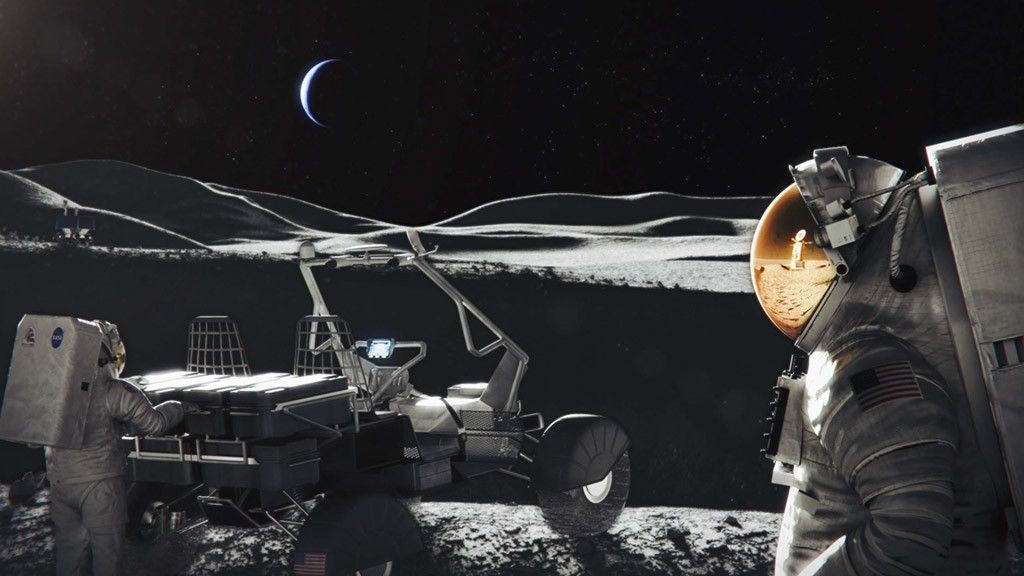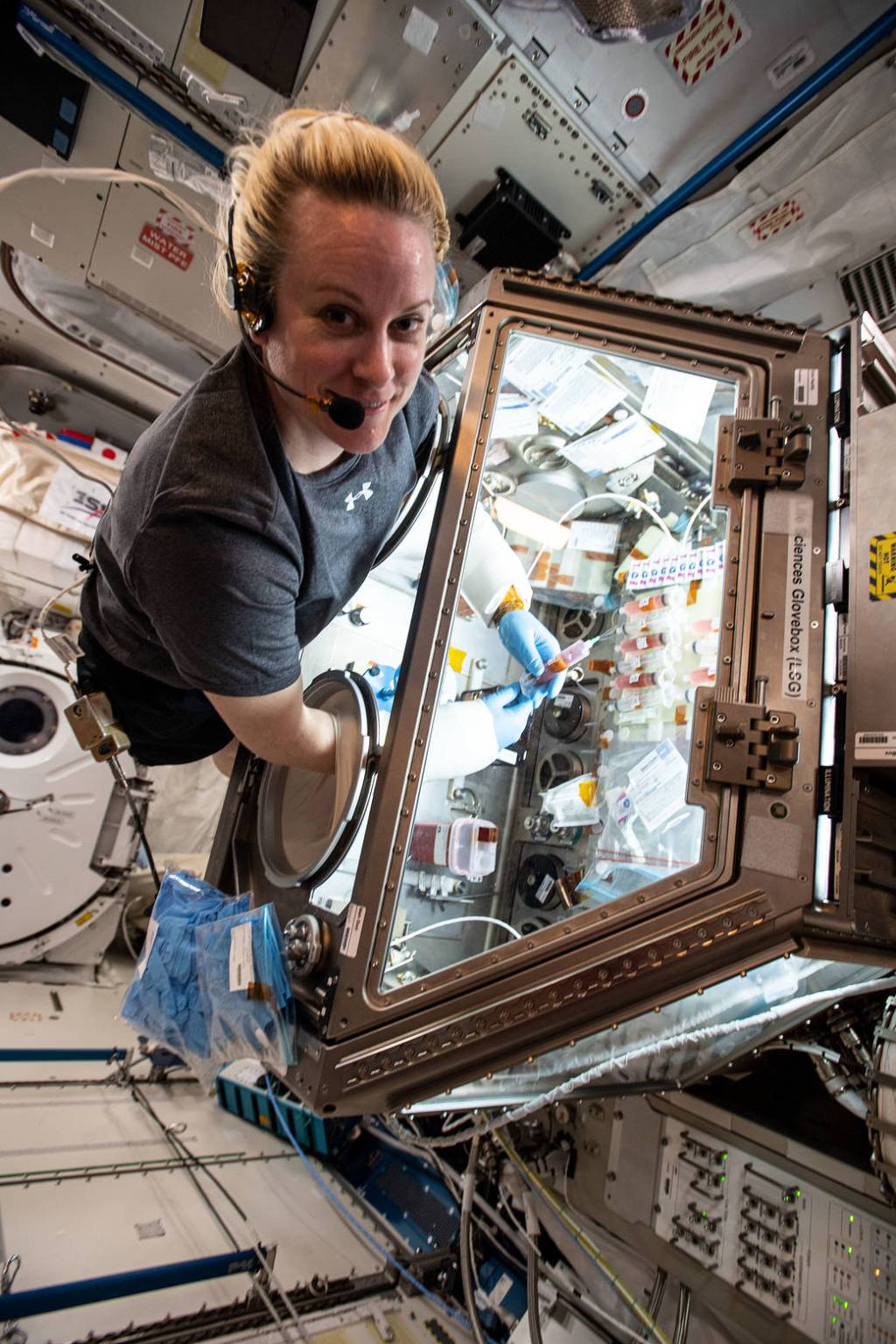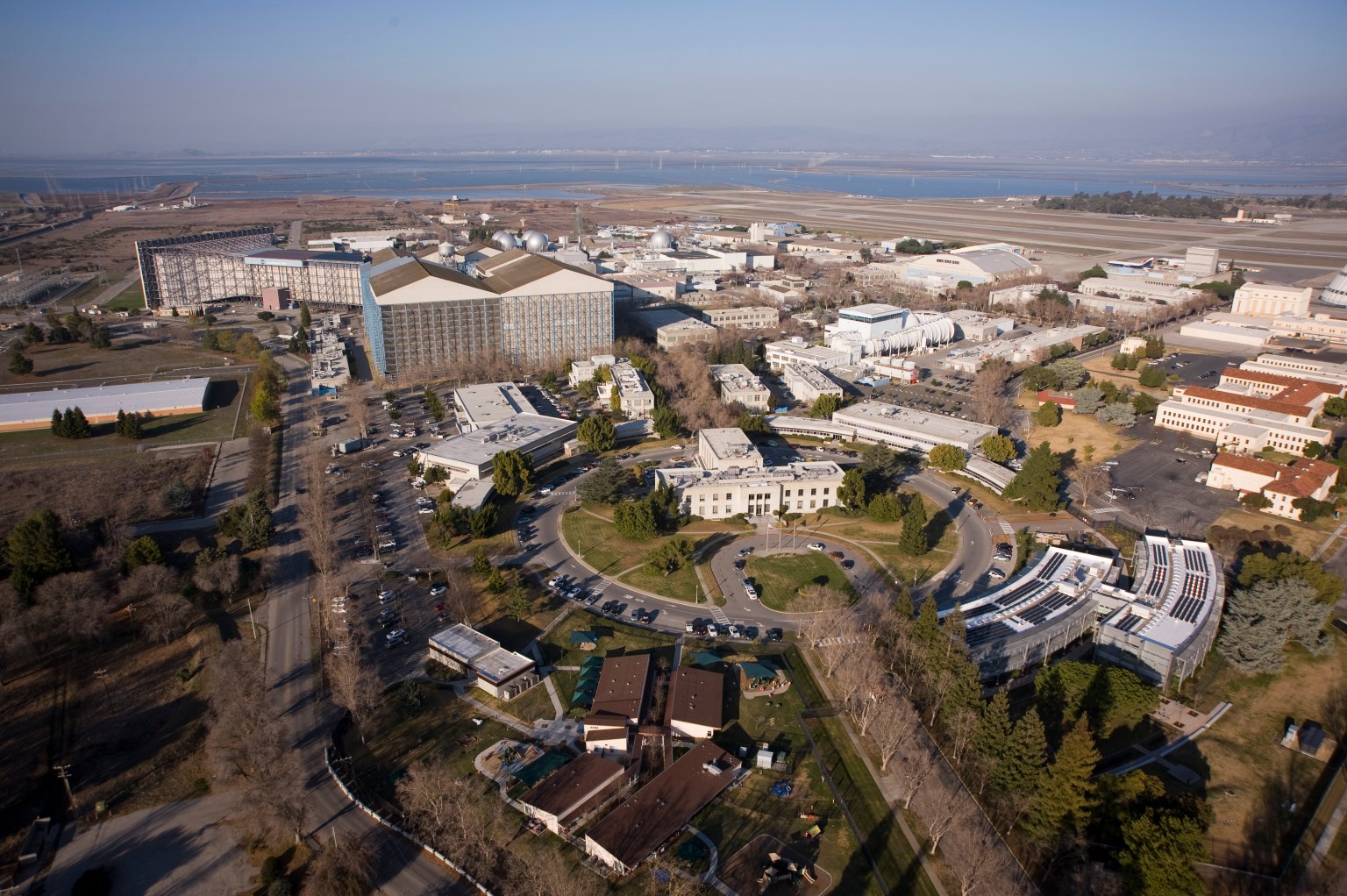Molly Morse and Allison Pieja: Methane to Biopolymers: On Earth and Beyond
Innovation can be a discovery of a new method, idea, or product that we need, that we didn’t think we needed, but have come to depend on, and/or a positive that replaces a negative. Early in the Industrial Revolution we realized that our dependency on petroleum-derived products has a negative environmental effect. We now have technologies that can take the negative and turn it into a positive. Mango Materials develops novel processes that produce biobased and biodegradable materials from waste methane. The ability to recycle waste into useful products will result in the reduction of up mass needed for space exploration.
Abstract:
Imagine a world without waste. To achieve this, current “waste” must actually be considered a valuable resource, and commercial products must be able to re-enter natural cycles. To move towards this goal, what if all plastics were biodegradable, so that they did not accumulate in landfills or the ocean? What if waste methane were not considered a nuisance but rather a resource, and methane were not flared but collected and utilized? What if methane could be used as a feedstock to produce biodegradable plastics? To realize this idea, Mango Materials was incorporated based on the founders’ graduate work at Stanford University. At Mango Materials, the process to produce biobased, biodegradable materials from waste methane (biogas) is being optimized and currently operates at the roughly 500-L scale. Methane-utilizing bacteria transform biogas into biodegradable polymers that can be used for a variety of applications to replace conventional plastics and then degraded back to methane at the end of their useful lives.
Mango Materials’ vision started with Earth, but the sky is not the limit. Bringing this process to outer space would pose unique challenges, from engineering to biology. This seminar will explore how Mango Materials is working to turn its vision of a no-waste world into reality and the challenges it faces on Earth and beyond.
Biographies:
Dr. Allison Pieja, CTO and co-founder, received her Ph.D. in Civil & Environmental Engineering in 2011 from Stanford University, with a focus on selection of microbes for the production of poly-hydroxyalkanoate (PHA) from methane. During Dr. Pieja’s doctoral research, she pioneered the production of PHA from waste methane gas. She received her B.S.E. from Princeton University in Civil & Environmental Engineering in 2004. Dr. Pieja has contributed to multiple patents and has several publications in the PHA field. At Mango Materials, Allison leads scale-up of Mango Materials’ process and manages lab-scale process optimization.
Dr. Molly Morse, CEO and co-founder, is a bioplastics and biocomposites engineer with experience in construction management and past experience consulting in venture capital. She has contributed to multiple patents in the bioplastics and biocomposites industry. Dr. Morse received her Ph.D. in Civil & Environmental Engineering from Stanford University, with an emphasis on anaerobic biodegradation of biocomposities for the building industry. She received her B.S. in Civil and Environmental Engineering from Cornell University. At Mango Materials, Molly leads financing efforts through both public and private entities as well as coordination with various strategic partners.

































